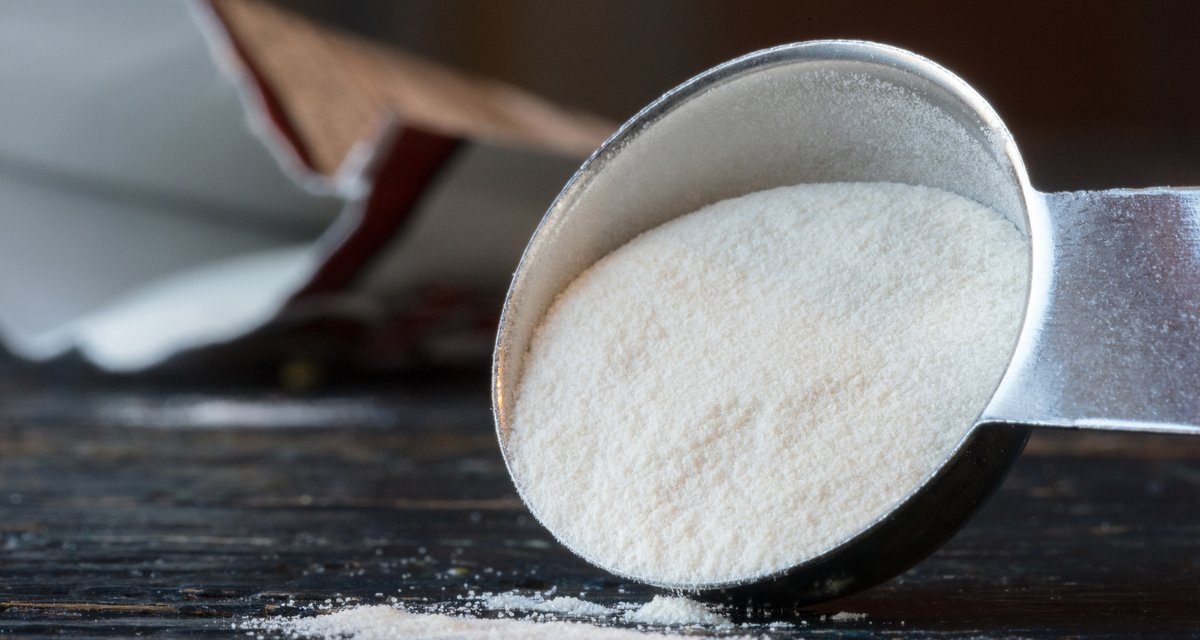What is Xanthan Gum? Is it Healthy?
Rebekah Edwards
The bacteria Xanthomonas campestris, which infects several cruciferous plants (including cauliflower and cabbage) and causes diseases including bacterial wilt and black rot, produces xanthan gum when glucose, sucrose, or lactose is fermented. Around 35 calories, 8 grams of carbohydrates, and 8 grams of fiber are contained in one tablespoon (approximately 12 grams). Guar gum can be replaced with xanthan gum and vice versa. Both are widely used in flour mixes to give baked goods more structure. Gluten-free xanthan and guar gum are often substituted for gluten. Xanthin gum is a thickening and stabilizing agent that is produced by a plant-pathogenic bacterium (a microorganism that causes a variety of diseases in plants). It is commonly used as a thickening and stabilizing agent in a variety of food and industrial goods. When gluten-free flours are used, xanthan gum supports the proper combination of starches.
Xanthan Gum- Is this Food Additive, Healthy, or Harmful?
Caroline Pullen, MS, RD
Xanthan gum is a common food additive that is used as a thickener or stabilizer in a variety of foods. Sugar is fermented by a bacteria called Xanthomonas campestris, which produces it. When sugar is fermented, a broth or goo-like material is formed, which is solidified by adding alcohol. After that, it’s dried and ground into powder. Many foods may benefit from the addition of xanthan gum to increase texture, consistency, taste, shelf life, and appearance. It also helps to preserve fruit, allowing it to tolerate a range of temperatures and pH levels. It also keeps foods from separating and enables them to spill freely out of their containers. Other possible health benefits of xanthan gum have been associated, but these are unlikely to occur without supplementation. Lower cholesterol, weight loss, cancer-fighting properties, increased regularity, thickens liquids, and salvia replacement are only a few of the possible health benefits.
Dietary Xanthan Gum Alters Antibiotic Efficacy against the Murine Gut Microbiota and Attenuates Clostridioides Difficile Colonization
Matthew K. Schnizlein,a Kimberly C. Vendrov,b Summer J. Edwards,b Eric C. Martens,a and Vincent B. Young
Dietary fiber has a number of microbiota-mediated effects, including anti-inflammatory metabolites and pathogen tolerance. Clostridioides difficile colonization is prevented by a stable gut microbiota. Dietary manipulation of these microbes may improve clinical outcomes by increasing colonization resistance. By preserving the microbiota during antibiotic therapy, xanthan gum reduces mouse resistance to C. difficile colonization. Although the associations between antibiotics and xanthan gum are unknown, xanthan gum has historically been used to bind drugs and change their pharmacokinetics. As a result, xanthan gum may interfere with the effectiveness of oral antibiotics used to make the microbiota susceptible. Clostridioides difficile uses this community’s absence to induce diarrhea and inflammation. As a result, one of the most important scientific goals is to find ways to boost resistance to C. difficile colonization, either by supplementation of bacteria that encourage resistance or through a diet that enriches for those already present in the gut. Microbiota is important for gut health because it aids digestion and regulates colonic physiology. The use of live bacteria (probiotics) or nondigestible, microbiota accessible additives in the host’s diet to manipulate the microbiota to enhance human health has become a popular field of biomedical science.
The dietary effects of xanthan gum in man
M A Eastwood, W G Brydon, D M Anderson
Following a 7-day monitoring cycle, 5 male volunteers ingested a weight of xanthan gum equal to 15 times the current allowable daily consumption allowed by the EEC and the Joint FAO/WHO Expert Committee for Food Additives on each of 23 consecutive days; thus, the lightest and heaviest of the volunteers consumed 10.4 g and 12.9 g of xanthan gum daily, respectively. The results show that xanthan consumption has no negative dietary or physiological effects in any of the participants. Both enzymatic and other parameters that function as sensitive markers of negative toxicological consequences, in particular, remained unchanged.

